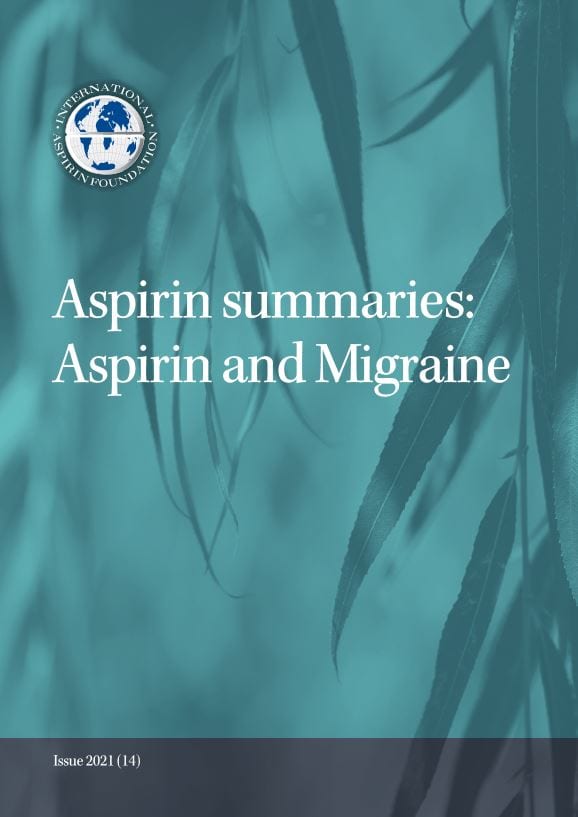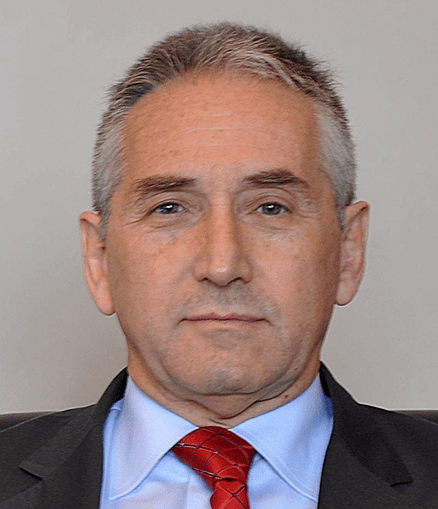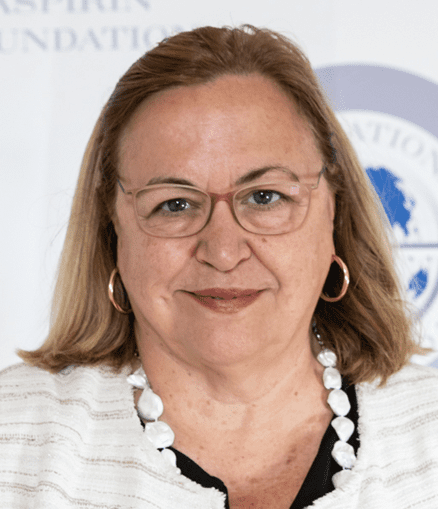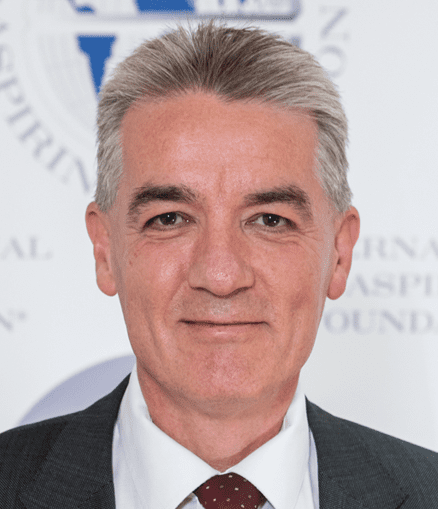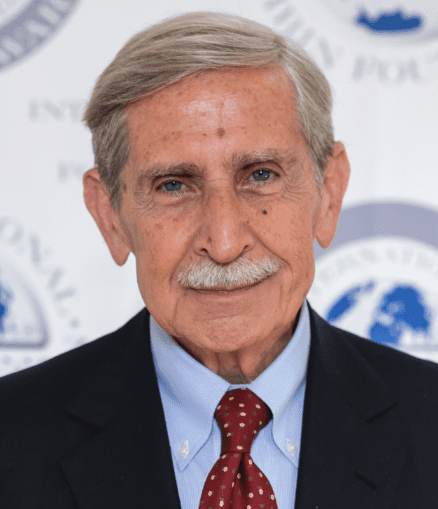Aspirin summaries Issue 14: Aspirin and Migraine
Migraine is a common condition of the brain and its blood supply1, experienced by around 1 in 7 people worldwide,2. If not adequately managed a migraine attack can have a serious impact upon a person’s quality of life and their ability to fulfil their responsibilities and plans1. Women are two to three times more likely to experience a migraine than men2. Symptoms of a migraine include;
• A moderate to severe throbbing or pulsating headache often but not always one-sided
• Sensitivity to light and sound
• Nausea and vomiting
• Immobilised due to pain
• Aura; usually visual but can be sensory [e.g. pins and needles] or more rarely motor symptoms
• Red, tearing eye, miosis and ptosis, eyelid swelling, nasal congestion or runny nose, redness and sweating above the eyebrow1,2
To avoid chronic problems from over use of medication headache specialists usually advise only using migraine medication on two days a week or less1.
Management of acute migraine incudes avoiding triggers and where possible lifestyle changes along with simple analgesia such as aspirin (900 mg), paracetamol or ibuprofen along with anti-sickness medications such as prochlorperazine or metoclopramide. Triptans can also be used on their own or in combination with other pain medication2.
The American Headache Society recommend aspirin and other NSAIDS, nonopioid analgesics, acetaminophen or caffeinated analgesic combinations such as aspirin + acetaminophen + caffeine for mild-to-moderate migraine attacks and keeping migraine-specific agents (triptans, dihydroergotamine) for moderate to severe attacks and mild to moderate attacks not effectively managed by the simple analgesics4.
A Cochrane review concluded that.
‘Aspirin 1000 mg is an effective treatment for acute migraine headaches, similar to sumatriptan 50 mg or 100 mg. Addition of metoclopramide 10 mg improves relief of nausea and vomiting. Adverse events were mainly mild and transient, and were slightly more common with aspirin than placebo, but less common than with sumatriptan 100 mg.’
The authors suggest aspirin with metoclopramide as a first line therapy for migraine with those that don’t respond trying an alternative therapy.
Migraine is further classified according to the frequency of attacks. Episodic migraine occurs less than 15 days a month whilst those experiencing chronic migraine experience headache on at least 15 days in a month with features of migraine on at least 8 days a month for 3 or more months2.
Menstrual migraine affects around 20-25% of women with migraine with approximately 22-70% of patients requiring specialist care5. They tend to cause a much greater level of disability than non-menstrual migraines5.
Aspirin should not be offered to young people under 16 years of age due to the risk of Reye’s syndrome nor for migraine in pregnant or breast feeding women2.
References
1. Konstantinos S, Vikelis M and Rapoport A. Acute care and treatment of migraine. J Neuro–Ophthalmol 2020; 40: 472-484
2. NICE Migraine CKS accessed 23/02/21 @ https://cks.nice.org.uk/topics/migraine/
3. Kirthi V, Derry S and Moore RA. Aspirin with or without an antiemetic for acute migraine headaches in adults. Cochrane Database Syst Rev. 2013;4:CD008041 https://doi.org/10.1002/14651858.CD008041.pub3
4. The American Headache Society. The American Headache Society position statement on integrating new migraine treatments into clinical practice. Headache 2019: 59:1-18. https://doi.org/10.1111.head.13456
5. Vetvik KG and MacGregor EA. Menstrual migraine: a distinct disorder needing greater recognition. The Lancet Neurology. 2021 Feb 15. DOI:https://doi.org/10.1016/S1474-4422(20)30482-8
Over-the-counter treatment for chronic migraine.
In this review of USA over-the -counter (OTC) medication for migraine the authors look at the evidence and effectiveness for various OTC therapies in their ability to reduce the severity and duration of a migraine attack. The authors suggest OTC medication can be more cost effective and maybe easier to use and better tolerated.
Within their review of the literature of a variety of OTC medications the authors look at aspirin. They draw on evidence from an updated Cochrane review (2013) in which aspirin is found to have similar efficacy and a more favourable safety profile when compared with sumatriptan 50 mg or 100 mg. Aspirin can be used with metoclopramide to reduce nausea and vomiting. The reviewers also cite promising evidence for aspirin as a prophylactic agent in preventing migraines but point out that further work is required to find the best dose for this.
For further information please see:
Peck J, Urits I, Zeien J et al. A comprehensive review of over-the counter treatment for chronic migraine headaches. Current Pain and Headache reports. 2020; 24: 19 https://doi.org/10.1007/s11916-020-00852-0
Aspirin and clopidogrel versus aspirin alone for the prevention of new onset migraine following transcatheter closure of atrial septal defects (CANOA) trial
The aim of this analysis of a randomised double-blind Canadian trial was to determine how long clopidogrel should be added to aspirin in order to reduce new-onset migraine in people who have undergone atrial septal defect (ASD) closure. They found from an analysis of 171 patients that new-onset migraine after ASD closure occurs in approximately 15% of patients and is usually an early transient problem which will resolve for most people within 6-12 months.
Headache events were assessed using a structured migraine headache questionnaire, including a disability score, at 3, 6 and 12 months.
They found adding clopidogrel (75 mg daily) to aspirin (80 mg daily) three months after transcatheter ASD closure does significantly reduce the incidence of new onset migraine attacks. However no significant rebound effect was seen when clopidogrel was stopped at 3 months, with aspirin continued to 12-month follow-up at the investigator’s discretion, supporting the early discontinuation of dual antiplatelet therapy.
For further information please see:
Wintzer-Wehekind J, Horlick E, Imbrahim R et al. Effect of clopidogrel and aspirin versus aspirin alone on migraine headaches after transcatheter atrial septal defect closure. One-year results of the CANOA Randomized clinical trial. JAMA Cardiol. 2021;6(2):209-213. doi:10.1001/jamacardio.2020.4297 https://jamanetwork.com/journals/jamacardiology/article-abstract/2770703
Aspirin as a low cost well tolerated option for migraine management.
In this review article the authors describe migraine as a common and debilitating disorder and explain the role of aspirin as a well-tolerated and cost-effective treatment strategy. They review evidence for high-dose aspirin at doses between 900 and 1300 mg taken when symptoms begin as an effective, safe therapy for acute migraine and cite evidence that low-dose aspirin (81 to 325 mg) maybe effective and safe for treating recurrent migraine.
The authors conclude:
“The relatively favourable side effect profile of aspirin and extremely low costs compared with other prescription drug therapies may provide additional options for primary healthcare providers in the treatment of both acute and recurrent migraine headaches.”
For further information please see:
Biglione B; Gitin A, Gorelick PB and Hennekens C. Aspirin in the treatment and prevention of migraine headaches: Possible additional clinical options for primary healthcare providers. The American Journal of Medicine. 2020, 133:412-416. https://doi.org/10.1016/j.amjmed.2019.10.023
Review finds unmet needs for people with migraine in East Asia
This review paper describes studies undertaken after the first edition of the International Classification of Headache Disorders in 1988 until January 2019 that report on prevalence, human and economic burden and the management of migraine in China, Japan and South Korea.
From an initial 1337 publications found on MEDLINE and EMBASE databases 41 met the inclusion criteria. The one-year prevalence of migraine in adults ranged from 6-14%. The studies indicated that migraine resulted in significant disability and impact on quality of life for those who experienced it, but this was coupled with a relatively low level of disease awareness and diagnosis. The studies also found that prescription medicine use was low and that over the counter medications were more commonly used to treat migraine.
The authors conclude:
“There are substantial unmet needs for migraine with regard to appropriate diagnosis, and better management of and therapies for treatment of migraine across East Asia. However, more recent evidence is required to confirm current unmet needs in each country.”
For further information please see:
Takeshima T, Wan Q, Zhang Y et al. Prevalence, burden, and clinical management of migraine in China, Japan, and South Korea: a comprehensive review of the literature. The Journal of Headache and Pain. 2019 20:111 https://doi.org/10.1186/s10194-019-1062-4
Low-dose aspirin for migraine prophylaxis in pregnant women.
Migraine often improves or disappears during pregnancy but a significant link between migraine and pre-eclampsia and vascular complications such as stroke has been established. The antithrombotic action of low-dose aspirin helps regulate endothelial function thus improving vascular resistance.
This paper explores the potential role for low-dose aspirin for reducing vascular complications and migraine in pregnancy. The authors call for future research to explore the role of low-dose aspirin in pregnant women who experience migraine attacks and suggest that:
“Simple, inexpensive primary preventive interventions could have major consequences in this high-risk group.”
For further information please see:
Liu X. and Gong Y. The potential protective role of aspirin against migraine in pregnant women. Medical Science Monitor: International Medical Journal of experimental and Clinical Research. 2020; 26: e923959-1e923959-6 doi:10.12659/MSM.923959 https://pubmed.ncbi.nlm.nih.gov/32740647/
Antithrombotic therapy for people with refractory migraine and antiphospholipid antibodies
Headache, particularly migraine is a common symptom in people with antiphospholipid syndrome (APS). APS, a systemic autoimmune condition in which people have antiphospholipid antibodies, is linked to an increased risk of arterial and venous blood clots. It may also be the reason for an association between migraine and stroke. This small, retrospective study, with 75 patients, was designed to investigate the effect of a trial of antithrombotic therapy for the symptomatic relief of refractory migraine in people who have antiphospholipid antibodies.
Patients were given aspirin or clopidogrel (initially aspirin unless contraindication or suboptimal response) and anticoagulants were added if necessary, according to the response to antiplatelets.
The author concludes:
“ Our data support consideration of a 2-4 week trial of antithrombotic therapy, usually starting with antiplatelet therapy, in aPL-positive patients with refractory migraine, particularly if other treatment options have been exhausted.”
For further information please see:
Schofield JR, Hughes HN, Birlea M and Hassell K. A trial of antithrombotic therapy in patients with refractory migraine and antiphospholipid antibodies: A retrospective study of 75 patients. Lupus 2021 DOI:10.1177/0961203320983913. https://pubmed.ncbi.nlm.nih.gov/33402037/
Corresponding authors
- Spingos Konstantinos Corfu Headache Clinic; kcspigos@gmail.com
- East Asia migraine review correspondence; ueda_kaname@lilly.com
- Jacquelin Peck; Jacquelin.peck@msmc.com
- Also Peck et al Migraine article – Alan D. Kaye akaye@Isuhsc.edu
- American Journal of Medicine article – Biglione et al – list request for reprints rather than correspondence to Charles Hennekens PROFCHHMD@prodigy.net
- Kijing Liu and Yunhui Gong – have no contact details in the journal
- Josep Rodés-Cabau, MD, PhD, Quebec Heart & Lung Institute, Laval University, 2725 Chemin Ste-Foy, Quebec City, Quebec G1V 4G5, Canada (josep.rodes@criucpq.ulaval.ca).
- LUPUS article Jill.schofield@cuanschutz.edu
Disclaimers:
• The information, views and opinions expressed are not endorsed or approved bymembers ofThe Scientific Advisory Board unless otherwise stated.
• The Information section is compiled using current published information at the time of writing and whilst every effort has been made to avoid errors, professional clinical judgement is required to interpret the information given. The information given is referenced clearly for further analysis as required.
• Every effort is made by the International Aspirin Foundation to see that no misleading or inaccurate data, statement or opinion appear. The International Aspirin Foundation cannot be held responsible for any errors or for any consequences arising from the use of the information.
• The International Aspirin Foundation, its associates and The Scientific Advisory Board accept no liability whatsoever for the consequences of any such inaccurate or misleading data, information, opinion or statement.
• Any information involving drug usage, should only be followed in conjunction with the drug manufacturer’s own published literature in their own country.
• Medical sciences evolve on a continual basis and therefore independent verification of the content should be made.
• The information, views, opinions and any other material provided should not be relied upon as a substitute to professional medical advice in relation to any medical condition. The International Aspirin Foundation, its associates and The Scientific Advisory Board accept no liability whatsoever for any consequences arising from any reliance placed on such information, views, opinions and other materials in lieu of professional medical advice.

